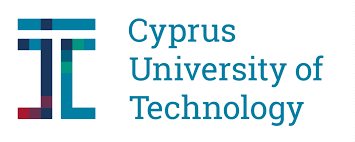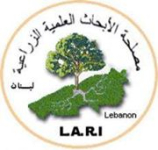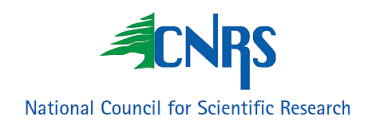ABOUT US
SafeAgroBee recognizes that preserving the ecosystem, the resilience of pollinators and bees and sustainable beekeeping practices are among the major challenges of our time. Droughts and pest invasions, losses of bees’ and other pollinators’ biodiversity due to use of agrochemicals, and possible changes in the plant -pollinator interactions, urges for sustainable solutions in the agroecosystem models, and our proposal aims to tackle exactly those drivers and to seek for alternatives using precision apiculture systems and smart digital technologies as well as different modeling tools for scenario analysis and the planning of strategic management. Building resilient ‘farming systems’ is our aim, and we are going to tackle this in two directions, from the beekeepers and the farmers perspective. Here we will also test different mitigation strategies in order to ensure sustainability in a continuously changing environment, also with in areas experiencing harsh conditions exist (e.g. the dry areas). The project will make use of the Citizen science approach, and it is organised in 5 mail research work packages. An advisory Board and Stakeholders' group will ensure the success and the useful dissemination of the results. 13 parners, from 8 countries around the mediterranean basin, or a multidishiplinary consortium with great experience.




























